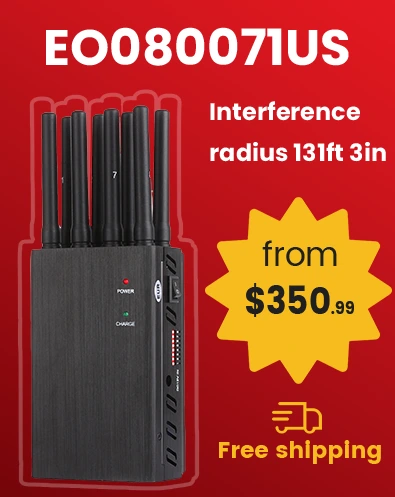Iraq’s telecommunications industry is regulated by the Iraqi Communications and Media Commission (CTC). The agency is responsible for licensing, policy-making, spectrum allocation, and quality of service regulation for telecommunications and broadcasting services.
While the use of signal jammers is generally illegal in Iraq under the 2012 Communications Law, there is an exception for the use of signal jammers by national security forces in cases of emergency to maintain national or public security.
However, it should be noted that this exception must be approved by the Prime Minister and should be used with caution. The purpose of this exception is to respond to critical security situations, where it is necessary to interrupt communication signals in order to protect national or public security interests.







